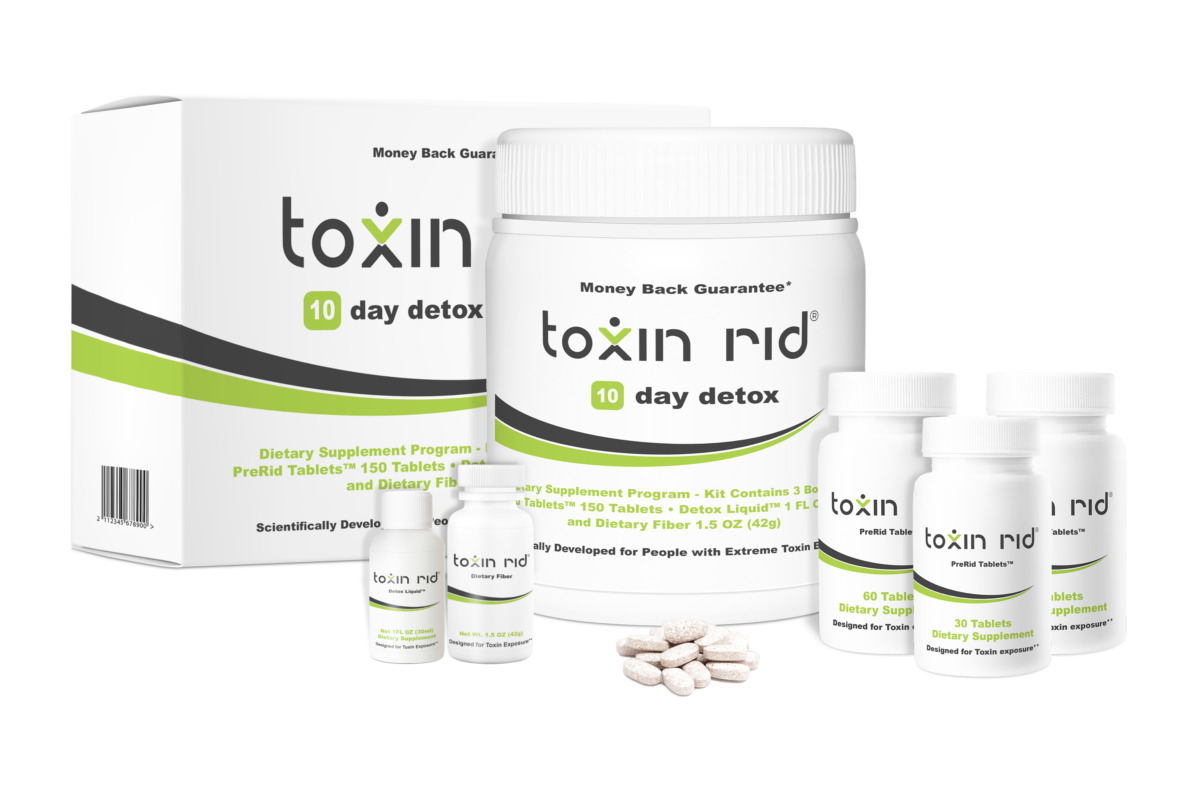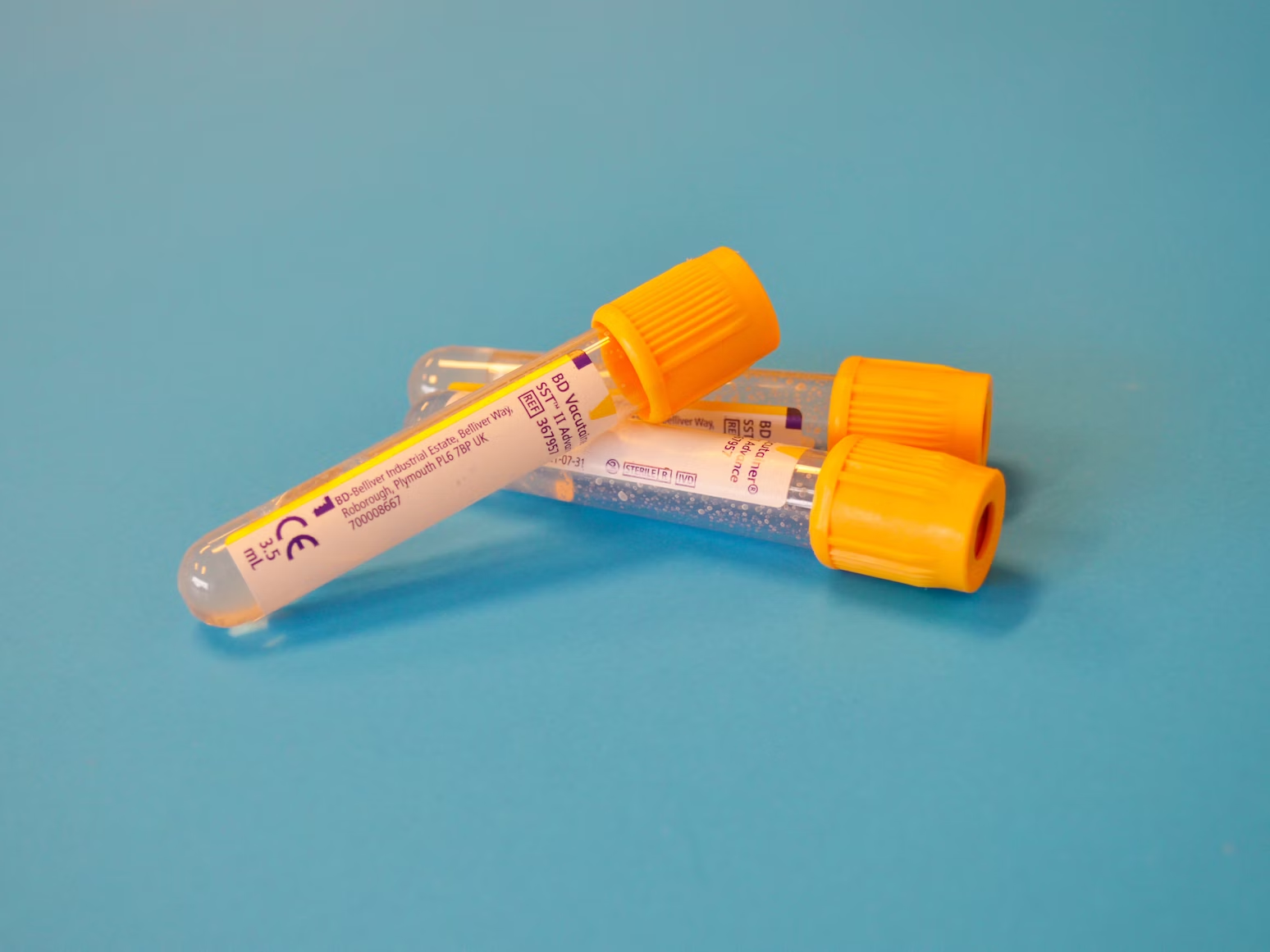
How Long Does Weed Stay in Your Blood Stream
When you’re interviewing for a job, participating in a sports team, or involved with some organizations, drug tests are a common occurrence.
THC, or tetrahydrocannabinol, is the psychoactive ingredient found in the cannabis plant that provides the “high” that weed is known for. As a Schedule 1 controlled substance by the DEA, THC testing is required for many workplaces, particularly in transportation and other safety sectors.
Whether you’re pursuing a job that requires passing a drug test or you simply want to understand how long drugs stay in your system, more education and understanding about testing is important.
In understanding just how long marijuana stays in your system, you can make more informed choices about using weed at the appropriate times and what you need to do if you’re in a pinch and need to pass a test.
How Long Is Cannabis Detectable via Drug Testing?
Weed has a very long half-life, which is the amount of time it takes for the drug’s active substance to reduce by half, as it is metabolized by the body.
Weed’s half-life depends on the user and how frequently they ingest marijuana.
For chronic users, some studies show that weed can remain in the blood for up to 30 days after the last use (while some cases have seen up to 90 days). For infrequent users, weed remains in the bloodstream for around 2-12 hours.
Different tests can yield different results, so it’s important to know what type of test you’ll be taking.
Factors that Impact How Long Weed Can Stay in Your System
Other factors impact weed’s presence in your system and can determine what will show up on a blood, hair, saliva, or urine test. Let’s explore those here.
Frequency of Use
Like with many drugs, the more often you ingest marijuana, the longer it will stay in your system. THC builds up in the body, particularly in fat, slowing down how quickly the body can break it down.
Frequent users or those who have been using weed for longer periods will have much higher amounts in their bloodstream than those who use it infrequently.
THC Level
Different strains of weed produce different highs; it all depends on the strain and THC level in the product. The higher the THC content, the longer the drug will stay in your bloodstream.

Toxin Rid’s 10-Day Detox Package
Low THC products contain less than 10 percent THC, while high THC products contain 20 to 30 percent. Smoking THC in a pipe or joint can usually yield strains of 20 percent, while a cannabis edible typically contains between 5 and 15 mg of THC per serving.
Metabolism
Metabolism is the speed at which the body breaks products down. Studies have shown that ingesting weed can speed up the body’s metabolic rate, breaking it down quicker. However, like various other factors, metabolism and cannabis are linked through how frequently the drug is used.
Body Fat
THC is stored by the fat cells in the body. Therefore, individuals with higher body fat percentages may metabolize weed slower than others, particularly those who use the drug more frequently.
Hydration
Dehydration has some level of impact on the concentration of THC in the body. While over-hydrating is often attempted prior to drug testing, it rarely impacts the test results.
How the Body Processes Weed
When weed is consumed orally, the THC enters the stomach and travels to the liver through the bloodstream to be metabolized.
When weed is inhaled, the THC metabolites enter the bloodstream through the lungs. THC concentrations are usually higher in the brain, increasing the psychoactive effects, when weed is inhaled versus consumed.
Nearly 20 percent of THC is excreted in the urine, and 65 percent is excreted through feces.
Marijuana Drug Test Methods
There are a few common types of tests that are used to determine whether a person has recently used marijuana. Let’s explore those here.

Saliva Test
Saliva tests are one method of drug testing, but they aren’t the most accurate or widely used. A saliva drug test can only detect THC for up to 24 hours after use. Saliva tests are typically completed with an oral collection swab that can collect saliva inside the mouth.
Urine Test
The urine test is the most popular type of drug test to detect marijuana use, particularly for employers and in legal situations. Urine tests are highly accurate; for frequent weed users, slight amounts of THC can be detected for up to 30 days after the person’s last use.
Hair Test
THC can be detected in a hair test for up to 90 days, but there is some concern about the test’s reliability because of how the environment can impact the results. For example, if you are around people smoking, your hair follicles may absorb secondhand marijuana smoke, which can impact test results.
Blood Test
A blood test can only detect THC in the system for a few hours, so it’s rarely used by potential employers or in other drug testing scenarios.
Getting Cannabis Out Of Your System
Now that you know how long weed can stay in your system, there are a few ways to naturally remove THC from the bloodstream in time for your drug test.
Detox
To rid the body of weed, a toxin detox can help expedite the process. Whether you’re consuming or inhaling THC, detox cleansing kits can help cleanse the blood, urine, and saliva of unwanted traces of the drug. Testclear offers various Toxin Rid kits to ensure you’ll pass your drug test with flying colors.
Lifestyle Improvements
There are a few lifestyle changes and improvements you can make to get cannabis out of the body faster. These won’t work if you have a drug test in less than a week, but they can be used to keep THC cycling out of the body quicker overall. These include:
- Regular exercise
- Following a healthy diet
- Consuming more fiber
- Drinking enough water
- Getting sufficient amounts of sleep
Not only will these strategies help your body flush THC faster, but they can help you feel healthier and more energized overall.
Identifying Marijuana Addiction
Marijuana addiction is not uncommon; recent statistics show that nearly 3 in 10 people have marijuana use disorder, and they are unable to stop using weed even though it’s significantly impacting their health, causing social issues and other problems.
Common signs of marijuana addiction may include:
- Trying but failing to stop using weed
- Using weed in high-risk situations, like operating a vehicle
- Continuing to use weed even though it’s causing problems
- Increasing weed consumption over time to get the same high
- Withdrawals when trying to quit using weed
Many can use weed regularly and not experience marijuana use disorder or addiction. Weed is not nearly as addictive as other drugs and can be consumed in safe quantities without any negative side effects.
However, some do, and it’s important to watch out for signs of addiction. The American Addiction Centers across the country can help if you or someone you know is struggling with drug abuse. Learn more here.
FAQ
Get all your questions answered here about how long weed can stay in your system and how you can expedite the process of detox.
How long does marijuana stay in your system?
THC metabolites can remain in the body for anywhere from 1 to 30 days, depending on how often marijuana is ingested. THC can be detected in saliva as soon as two hours after last use, or anywhere from 1 to 90 days via urine or hair tests.
How long weed stays in your system depends on how frequently you ingest marijuana, your body type, metabolism, and the potency of the THC you smoke or consume. Some drugs leave the body quickly, but marijuana (and THC specifically) accumulates in the body’s fat stores, which extends the length of time it remains in your system.
What are the most common drug tests used for weed?
The urine test is the most common form of testing for THC. Urine samples are used for conducting 75 percent of drug tests. Urine samples can be utilized for a broader screening panel for employers and medical purposes. Urine tests can detect recent THC use but aren’t used to diagnose addiction or current intoxication.
Other common tests used to detect THC are saliva, blood, and hair tests.
Ensure You Pass Your Drug Test With Testclear
Drug tests are very common for employment, legal purposes, sports, treatment, and other applications. If you aren’t completely confident that you can pass your upcoming drug test, we recommend completing an at-home test kit first. If it comes back positive, you can purchase a detox kit to cleanse your body of any traces of THC.
At Testclear, we stand behind all the products we sell. If you fail your lab test, be sure to keep the containers your kit comes in, and we will try to get you a refund within 30 days. Explore our detox cleansing options or our home testing kits to find the products suited to your lifestyle.